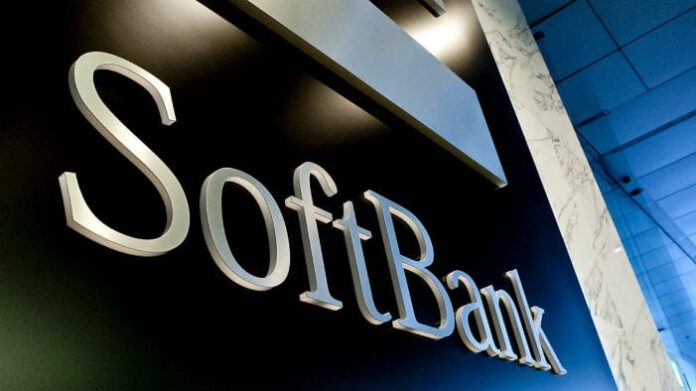SoftBank and the University of Tokyo will link the system with mobile communication technologies
Japanese operator SoftBank and the University of Tokyo launched a joint research collaboration this month, with the aim of targeting the business utilization of quantum computers, the former said in a release.
As part of the initiative, SoftBank joined the Quantum Innovation Initiative Consortium (QII Consortium), which is operated by the University of Tokyo.
SoftBank and the University of Tokyo aim to strengthen industry-academia collaboration, accelerate research and development for the business utilization of quantum computing technology and verify use cases using the quantum computer IBM Quantum System One, which is equipped with a 127-qubit processor and will be installed at the Kawasaki Business Incubation Center (KBIC).
The joint collaboration also stipulates that SoftBank and the University of Tokyo will link the system with mobile communication technologies such as 5G, IoT and future 6G systems, to contribute to the “social implementation of quantum computers.”
The QII Consortium was established to build an ecosystem of quantum computing technologies as well as to promote relevant research and development activities related to quantum computing.
SoftBank said that it currently conducts use case validations for quantum computing in multiple fields, including quantum chemistry, quantum machine learning, and optimization.
Hiroaki Aihara, executive vice president of the University of Tokyo, stated: “By exclusively using a quantum computer equipped with a 127-qubit processor installed in Japan, our goal is for Japanese researchers to lead in application development in the era of quantum computing.”
“The practical application of quantum computers is approaching rapidly. Through our membership in the QII Consortium, SoftBank aims to further contribute to quantum research in Japan and pursue research and development towards the practical use of quantum computing, with the goal of societal implementation of quantum technology. In the near future, we expect that equipping SoftBank’s next-generation social infrastructure with quantum computers will further accelerate the digitalization of society,” said Ryuji Wakikawa, vice president and head of the Research Institute of Advanced Technology at SoftBank.
In July, SoftBank had launched a joint research collaboration with Keio University in the field of quantum computers. Initially research will be conducted in the field of quantum chemistry, which involves the quantum mechanical analysis of molecules and nuclei.
As part of this agreement, SoftBank said it will dispatch researchers to the Keio University Quantum Computing Center to simulate nuclear quantum effects (NQEs) which cannot be efficiently computed by classical computers. These simulations will be performed using Noisy Intermediate-Scale Quantum (NISQ) computers, and will be used to investigate the mechanisms of chemical phenomena and validate NISQ use cases for social implementation, SoftBank said.

